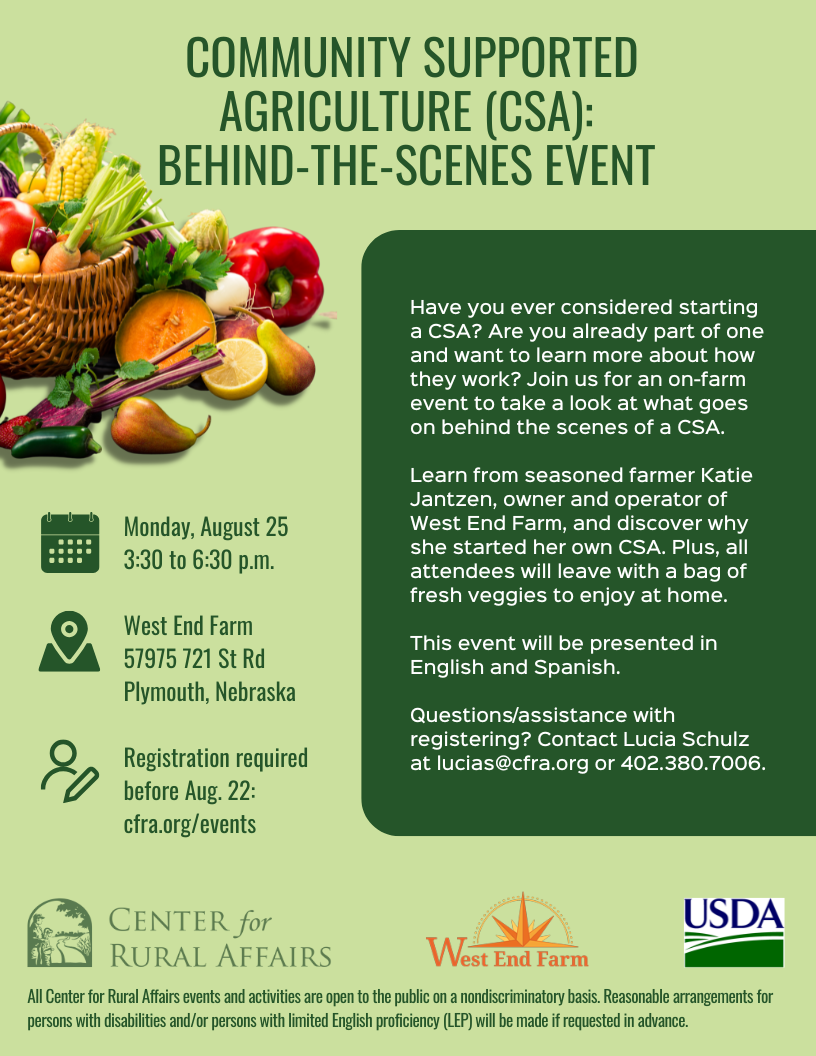Little did I know how accurately this picture would portray me less than 24 hours later.
Thursdays are Beatrice Farmers Market days, which means I generally spend the morning and early afternoon rushing around trying to get everything harvested, washed, and packed. I woke up Thursday morning ready to take on the day, only to discover that I had left the irrigation on in the high tunnel. Overnight. For FOURTEEN HOURS. And I was wearing a boot with a hole. I was afraid I would have to harvest with a canoe. Fortunately, drip irrigation is a method of water conservation, and the harvest was manageable with only a change of boots and not a watercraft.
Speaking of water, harvest was going well and it was nearing lunchtime. I was harvesting the salad turnips as it started to rain. That’s a good incentive to hurry up and finish up. I hauled the turnips up to the barn and got them washed and packed into a harvest tote. And…that’s the last I can recall about the turnips. When I came back out after lunch to start loading up for market, I could not find the tote of turnips. ANYWHERE. I looked in the barn. I looked around the barn. I looked in the walk-in cooler. I looked in every tote in the cooler. Somehow an entire tote of turnips had vaporized. The search made me late to leave for market.
Leaving late was not ideal as a sweet old lady had cajoled me into dropping off some rhubarb for her on the way to market. Except that I had never been to her house, and was now running late and searching for a mystery house. As I turned off the highway (which, thanks to just being resurfaced, was a HUGE drop off), my entire tray of nicely boxed slicing tomatoes bounced off the seat and spilled all over the passenger side area of the pickup.
Flustered about arriving late and having all of my neatly boxed tomatoes now unboxed all over the pickup, as soon as I got to the market, I shot out of my pickup to start setting up…and discovered that my keys were now locked in my truck. I have never done this before in my life, so of course the first time to experience this would be at T-20 minutes to market start, with all the tomatoes, honey, granola, CSA eggs, and my money box locked IN the cab of my pickup.
Market manager Michael flew into solution mode, giving me a number to call to find someone to unlock the pickup, while he dialed another business. No answer at the business I called, so I frantically called my neighbor and gave instructions of how to get in the house and where to find my spare key. As my neighbor was en route to my house, Michael managed to reach another local company who could be there in a few minutes to unlock the truck. I called my neighbor back to cancel the rescue mission, and then dealt with the embarrassment of explaining to my very patient CSA members and other customers that their eggs and tomatoes were currently locked in my pickup.
To top it off, that day a film crew was at the market. I didn’t even ask what they were filming for, because I don’t want to know where my complete chaos of a market day has been recorded for posterity. Suffice it to say, if you see a clip of a very sweaty and flustered woman gesticulating wildly until a tow truck in full regalia arrives, that’s me, setting up VERY late for the Beatrice Farmers Market.
I owe a huge thank you to:
Michael, our market manager, who saved the day by getting someone out to unlock my pickup
Riley, my neighboring market vendor, who helped set up the other items at my market stall and offered me some change in case I couldn’t access my money box before market started
John, my neighbor, who was willing to put his plans on hold to go find my spare key and bring it all the way to town for me
Huls, who saved the day by unlocking the truck in no time flat
My CSA members and customers, who patiently waited for the items in the pickup cab
Two CSA members who shared their own hilarious stories of locking their keys in their vehicles (one at Christmas time, and one while it was running!)
Two customers who shared their own amusing stories of mishaps that very day (one of discovering toothpaste all down her fancy clothes just before a big event, and the other of a 12-person waiting line in her business known for speed)
A few days removed from all the excitement, I can look back and remember to laugh at myself. Farming is crazy, especially during the busy season of midsummer. Sometimes there’s absolutely nothing to be done but laugh at yourself. And be grateful for all the wonderful, helpful people in your life.






